How CEOs can build legacy through inclusive leadership
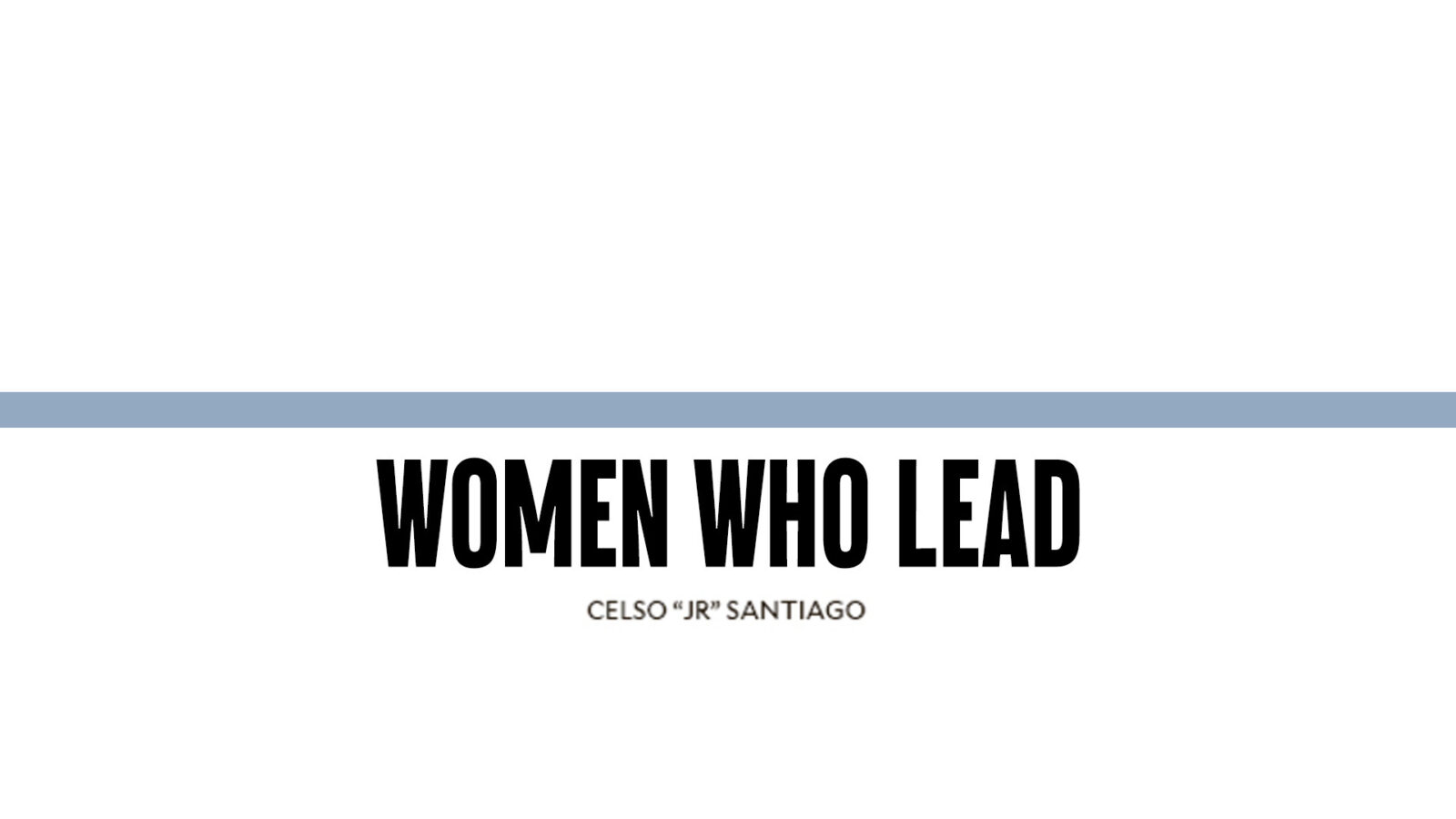
In today’s complex business landscape, legacy is no longer measured by profit alone. It’s defined by the culture you leave behind, the leaders you shape, and the values that endure long after you move on. Inclusive leadership—especially through purposeful and DEI (Diversity, Equity, and Inclusion) aligned mentorship—can become a defining hallmark of legacy.
Mentorship as a Key Investment in Business Legacy
Mentorship is more than a professional courtesy or a human resources initiative—it is a strategic leadership practice. When CEOs mentor through a lens of DEI they send a powerful message: inclusion is a leadership responsibility and not a delegated task.
This form of leadership ensures business continuity by cultivating future leaders from within, drives innovation by empowering high-potential talent, reinforces a values-based culture aligned with inclusion and equity, and strengthens an organization’s long-term resilience and reputation.
According to a 2023 McKinsey report, companies with diverse leadership teams are 36 percent more likely to outperform their peers in profitability. Yet, diversity without inclusion—without structures of support and mentorship—often results in attrition and disengagement. For CEOs, taking an active role in nurturing the next generation of inclusive leaders is both a strategic and business imperative.
A Model for Inclusive Mentorship in Practice
In the Philippines, forward-looking companies are reshaping leadership by making DEI the cornerstone of their executive agendas and mentorship strategies. Structured programs, such as women’s leadership networks, LGBTQ+ allyship circles, and inclusive talent pipelines, are increasingly being led and championed by top executives themselves. For example, top executives from many BPO companies in the Philippines are increasingly recognizing that DEI is not just a social responsibility but a business imperative—helping improve employee engagement, innovation, and global competitiveness.
These initiatives are increasingly championed by senior leaders who provide direct mentorship to elevate underrepresented talent—offering opportunities for skills development, increased visibility, and career advancement. For example, a study by the Philippine Business Coalition for Women Empowerment (PBCWE), titled “Census on Women in Leadership Roles in Philippine Publicly Listed Companies,” found that board representation continues to improve. In 2022, women held 21 percent of board seats, a result of earlier leadership efforts that recognized the importance of gender diversity in executive roles.
Some executives are also extending their impact beyond their organizations by supporting community-based mentorship programs focused on digital skills and economic empowerment. One notable example comes from financial services companies in the Philippines that offer accessible loan options to support small and medium enterprises (SMEs), particularly those owned and managed by women. In doing so, these leaders demonstrate that their legacy goes beyond company performance—it is also reflected in the communities they help uplift.
The impact is clear: organizations that embed inclusive mentorship into their leadership strategies are seeing measurable benefits—greater diversity in leadership, stronger employee engagement, and recognition as inclusive employers of choice. These outcomes are driven by leadership buy-in that supports policies and programs promoting DEI. CEOs at the forefront of this movement are not only enhancing organizational performance but also shaping the next generation of value-driven leaders.
From Individual Impact to Collective Legacy
These successes illustrate how inclusive leadership and intentional mentorship can transform not only organizational culture but entire industries. For instance, the Financial Executives Institute of the Philippines highlights that DEI initiatives deliver tangible economic benefits.
Companies that embrace DEI as smart economics—through inclusive leadership and structured mentorship—are 33 percent more likely to outperform their peers in profitability. Additionally, a study by Boston Consulting Group found that such companies are 19 percent more likely to generate higher innovation revenue.
Yet, many CEOs still ask: How can I scale my impact as a mentor while continuing to lead at the highest level, especially with limited time?
This is where platforms like Leaders for Change become essential. By engaging CEOs in structured, high-impact mentorship programs, the platform helps embed DEI into leadership strategies—ensuring that the legacy of today’s leaders is not only measured by business performance but also by the inclusive, empowered communities they help build.
—————-
Celso “JR” Santiago, MPM is program director of the Leaders for Change CEO Platform of PBCWE. He is also a storyteller, an advocate, a former public servant, and a proud husband and dad.
CEOs at the forefront of this movement are not only enhancing organizational performance but also shaping the next generation of value-driven leaders














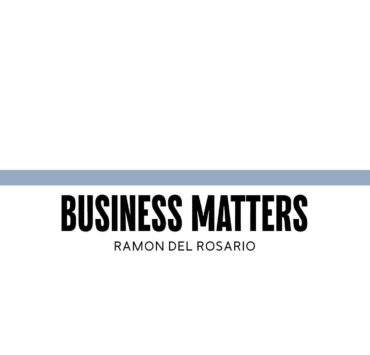

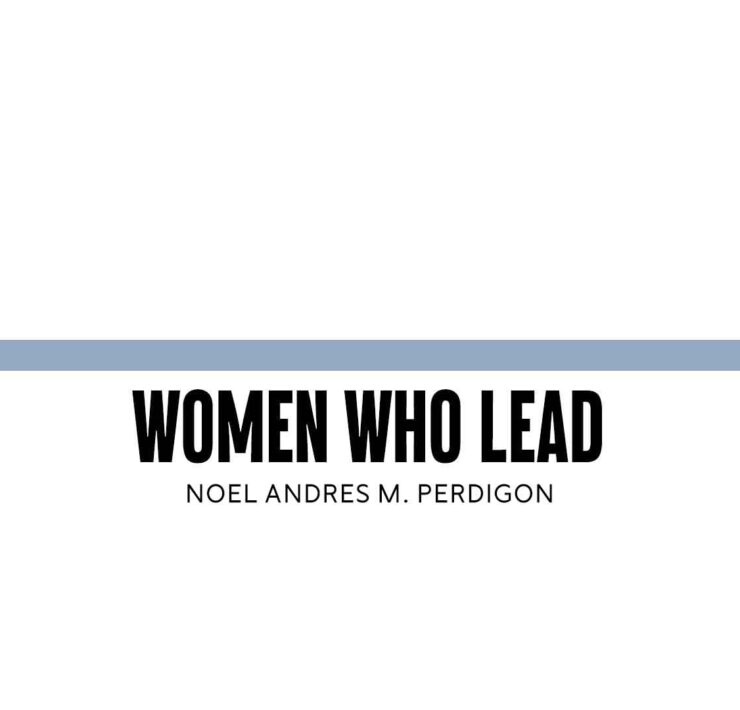
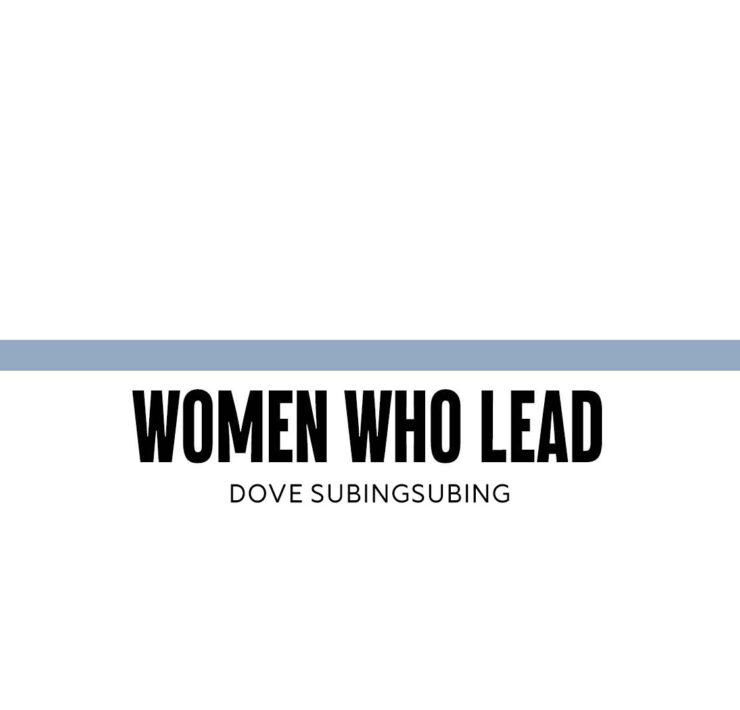
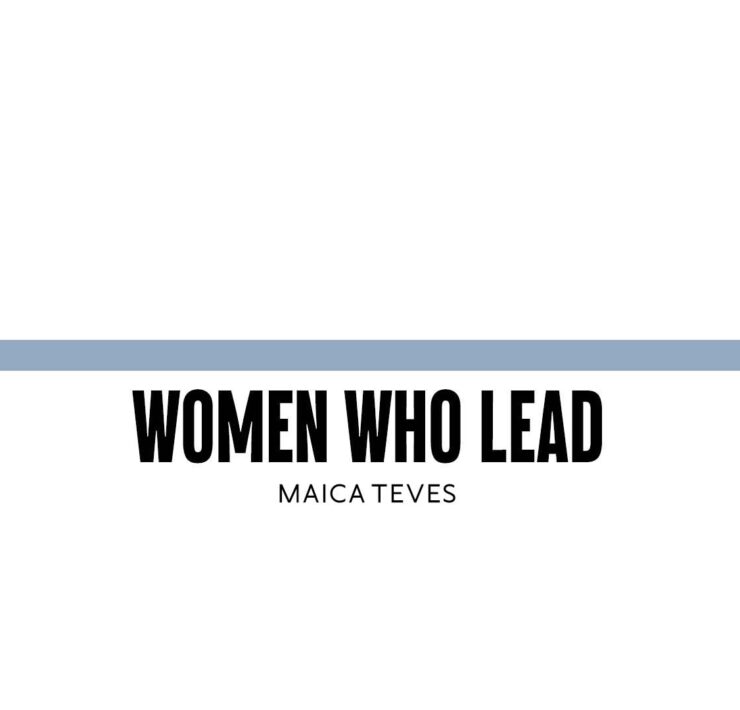


Do we understand how LLMs understand us?